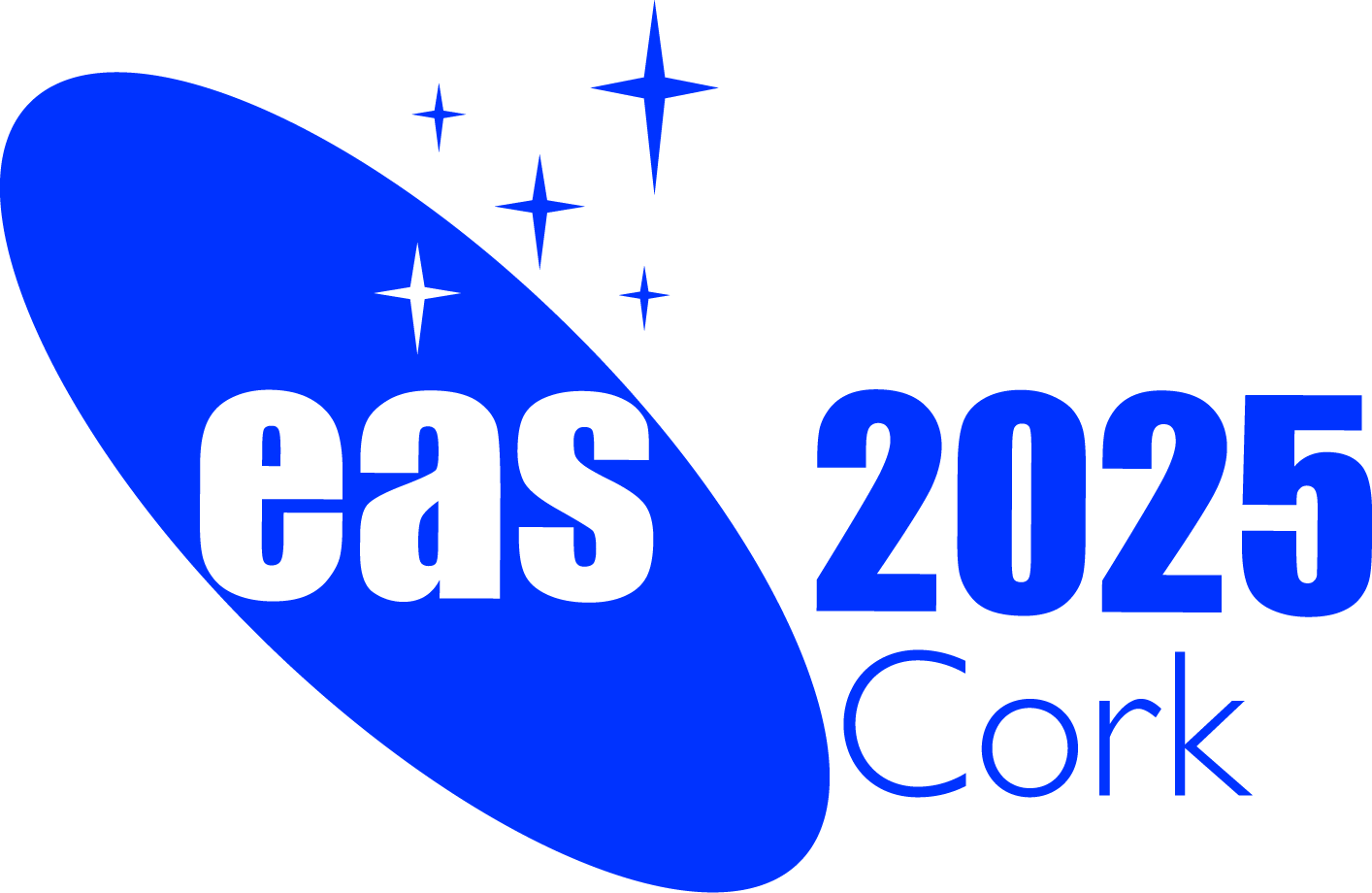
|
European Astronomical Society
|

|
|
|
|
|
|
EAS Job Directory
Find Jobs
| Warwick PhD Prize Scholarships in Astrophysics | Closing date: 2025-01-08
Contact: Warwick Astronomy Admissions Team |
The University of Warwick's Astronomy & Astrophysics group is seeking talented PhD applicants for our Warwick PhD Prize Scholarships in Astrophysics. Applications are due by January 8th, 2025.
The scholarships are open to national and international applicants and all are welcome to apply. All successful applicants will have a full stipend plus allocations for travel and computing.
All projects are here https://warwick.ac.uk/fac/sci/physics/research/astro/postgraduate_phd/ and our Frequently Asked Questions are here: https://warwick.ac.uk/fac/sci/physics/research/astro/postgraduate_phd/faq | | ▸ more | Potential projects span a wide range of research areas including exoplanet discovery, characterisation and evolution, protoplanetary and debris discs, white dwarfs and planetary remnants, stellar populations, transients and explosive astrophysical phenomena, and space situational awareness.
Applicants are encouraged to contact the project supervisors for further information on the projects here:?https://warwick.ac.uk/fac/sci/physics/research/astro/postgraduate_phd/
Warwick is an internationally recognised centre of research excellence. Our group takes leading roles in many major ground and space-based projects, including the Gravitational-wave Optical Transient Observer (GOTO), Next Generation Transit Survey (NGTS), PLAnetary Transits and Oscillations of stars (PLATO) telescope, CHaracterising ExOPlanet Satellite (CHEOPS), Sloan Digital Sky Survey (SDSS), WHT Enhanced Area Velocity Explorer (WEAVE) spectrograph, 4-metre Multi-Object Spectrograph Telescope (4MOST), and Dark Energy Spectroscopic Instrument (DESI).
We also run state-of-the-art computer simulations to develop theoretical models using the university's modern super-computing facilities, and are experts in the exploration of large and heterogenous data sets, adopting novel techniques including machine learning.
The Astronomy & Astrophysics group is part of the Physics Department at Warwick; both the department and the university hold Athena SWAN Silver awards, a national initiative to promote gender equality for all staff and students. The Physics Department is also a Juno Champion, which is an award from the Institute of Physics to recognise our efforts to address the under-representation of women in university physics and to encourage better practice for all. The Astronomy & Astrophysics group also hosts monthly equitea forums to break down barriers faced by all under-represented groups in science:?https://warwick.ac.uk/fac/sci/physics/research/astro/seminars/equitea/
Warwick is an excellent place to begin your scientific career, where you will be exposed to a wide range of research topics. You will be immersed in a friendly, collaborative and supportive environment with nearly 40 fellow astronomy PhD students, working with and learning from experts in very different areas. Personal development is a priority, and incoming PhD students will be invited to join our network of international collaborators, lead projects, and present their work on international platforms.
More information about the Warwick Astronomy & Astrophysics Group can be found here:?https://warwick.ac.uk/fac/sci/physics/research/astro/?and more information about the local area can be found here:?https://nam2022.org/warwick/local-area
|
More resources
Links to other job lists
|

